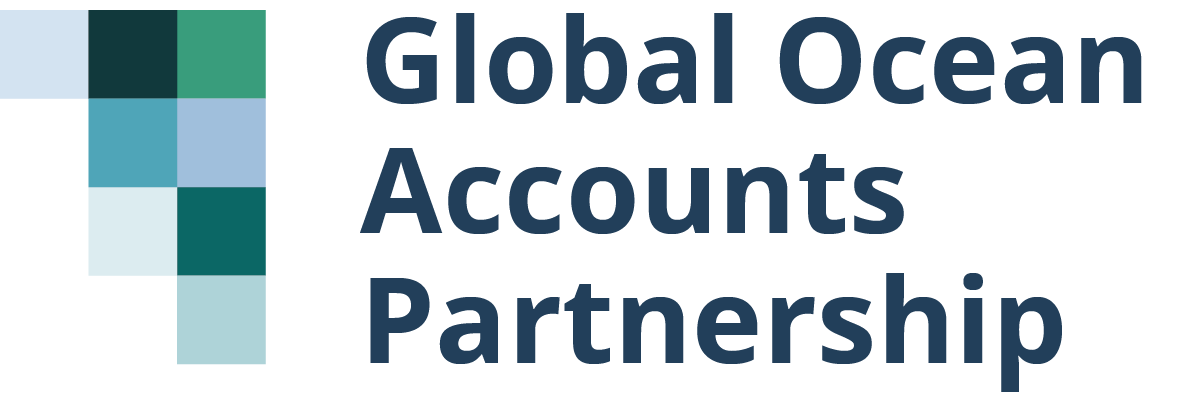The potential of Ocean Accounting to track a sustainable blue economy, Belize as a case study

Last month, experts from the Global Ocean Accounts Partnership (GOAP) Secretariat travelled to Belize to lead a three-day ocean accounting workshop (15-17 August 2023). The workshop outcomes ultimately revealed the utility of ocean accounting in supporting marine spatial planning, sustainable blue economic development and related processes.
Belize’s UNESCO World Heritage barrier reef is the largest in the northern hemisphere and the second largest globally. These crystal-clear waters, cayes, atolls and surrounding mangrove forests provide important habitats for many endangered and threatened species including West Indian manatees, turtles, the American crocodile and endemic and migratory birds. It is estimated that Belize’s mangrove and coral reefs provide US$395 million - US$559 million per year in ecosystem services (food, erosion control, tourism, etc.). The complex marine systems surrounding Belize make it the perfect candidate for harnessing the power of ocean accounts to develop its sustainable blue economy.
Sustainable ocean development in Belize
“Belize is well advanced compared to other countries in planning for the sustainable use of its ocean spaces” says Charles Cogan, Director of the Center for the Blue Economy, referring to Belize’s history of initiatives, including the adoption of the Belize Integrated Coastal Zone Management Plan in 2016, the establishment of the Ministry of Blue Economy in 2020, the Belize Blue Economy Plan in 2022, and the 2021 Belize Blue Bonds for Ocean Conservation.
Achieving the commitments set out by these initiatives will require collaboration across government sectors for the sustainable and shared use of Belize’s oceans. This will be achieved through Belize’s Sustainable Ocean Plan, which is already in pre-planning stages and led by the Coastal Zone Management Authority and Institute (CZMAI), Belize’s leading authority for the sustainable management and use of coastal systems.
The next step for Belize is to combine existing data into an integrated framework that can be used to inform decision-makers and produce indicators. To assist with this step, CZMAI reached out to GOAP to assist in implementing ocean accounting. This project began with last month’s 3-day training workshop hosted on behalf of the Government of Belize by the Ministry of Blue Economy and Civil Aviation and the Coastal Zone Management Authority and Insititute in collaboration with GOAP.
The Workshop
The workshop united 20 diverse stakeholders, including government officials, experts in marine science and representatives from non-governmental organisations, to provide comprehensive training on ocean accounting and marine spatial planning. Sessions were facilitated by representatives from the GOAP Secretariat including Ben Milligan, Ibukun Adewumi, Maria Granada Alarcon Blazquez, Arlette Schramm and Charles Colgan. Overviews of the status of sustainable development in Belize were provided by CMZI, the Director of the Blue Bond & Finance Permanence Unit, and the Ministry of Blue Economy & Civil Aviation.
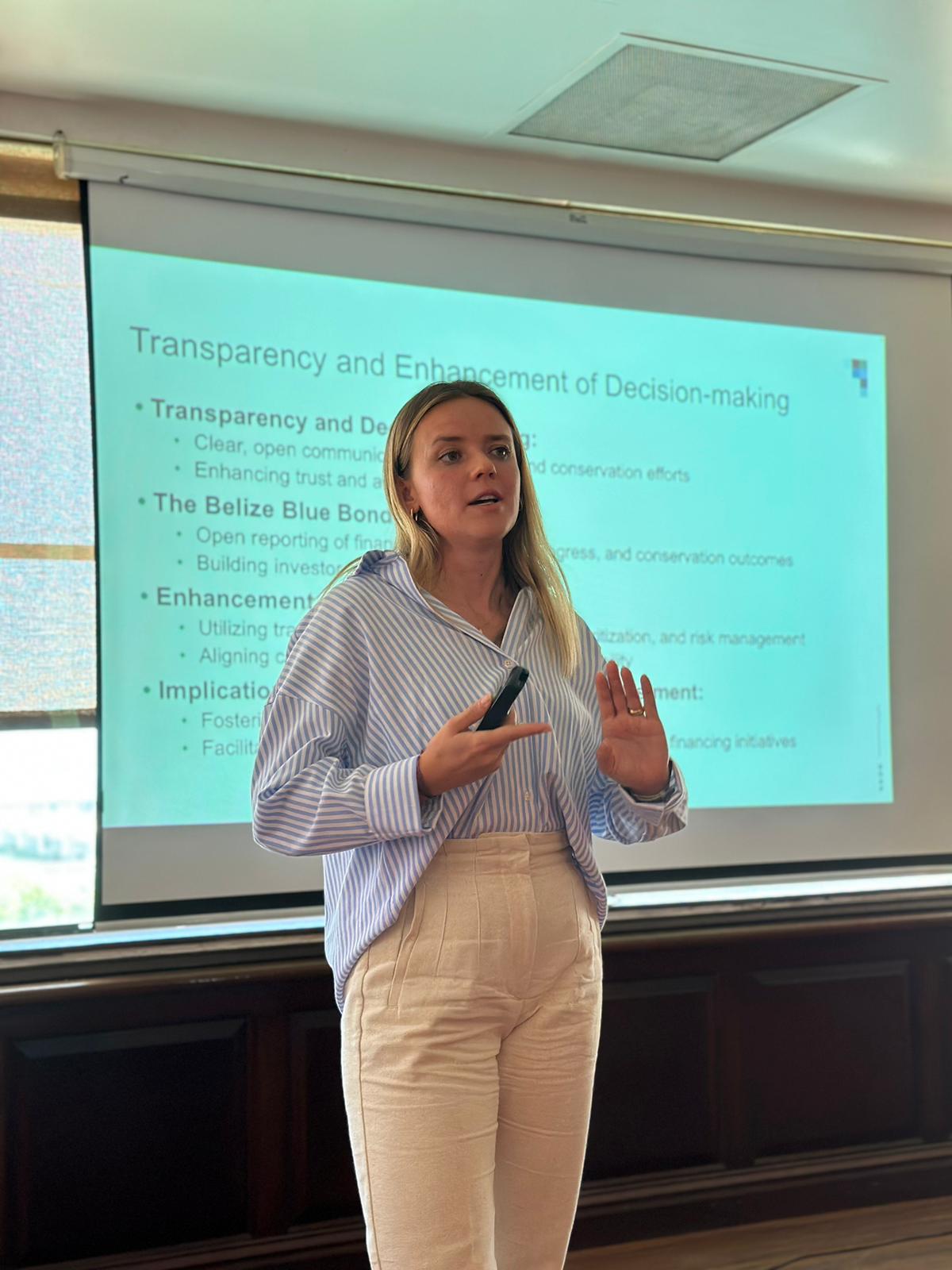
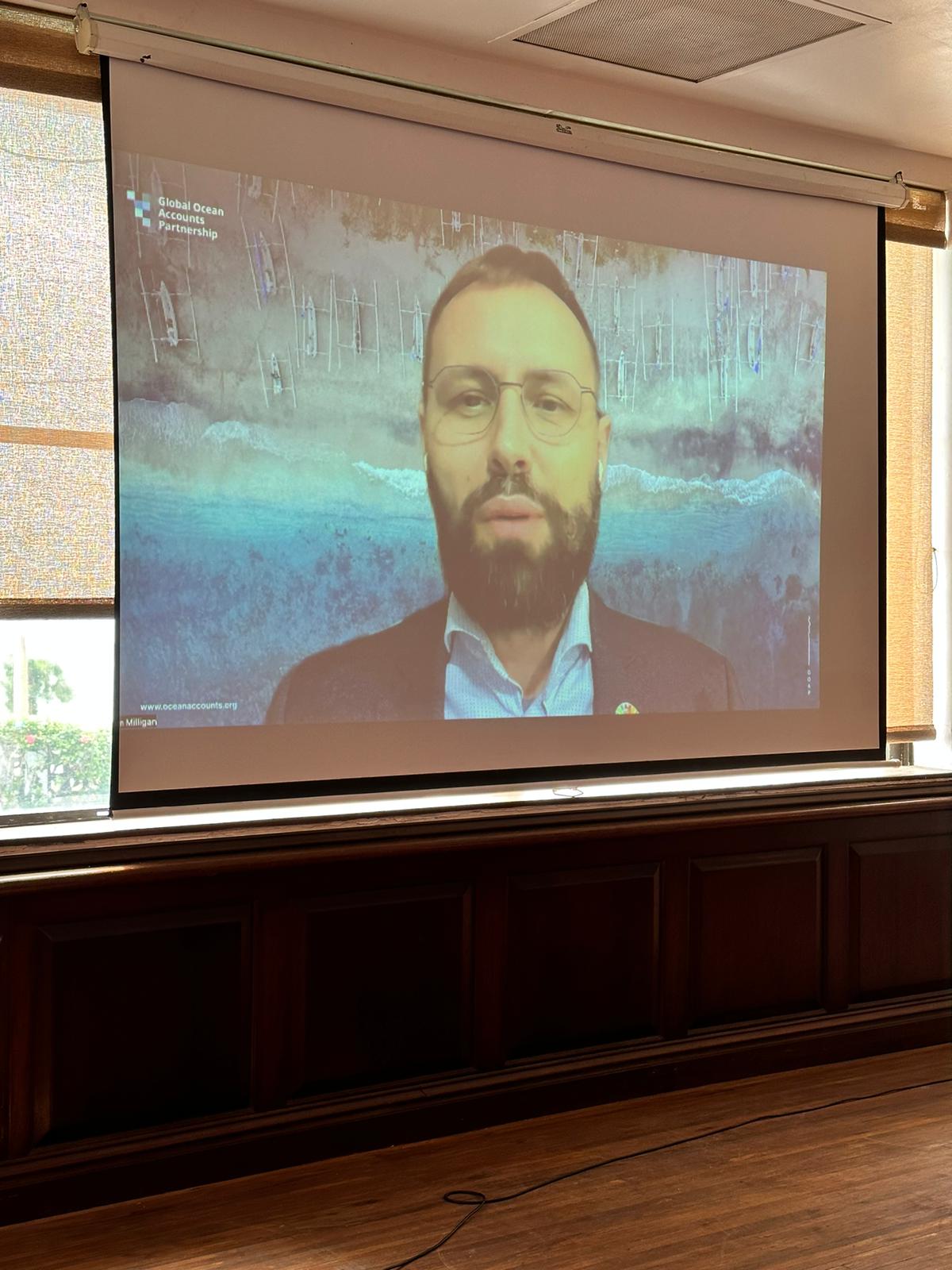
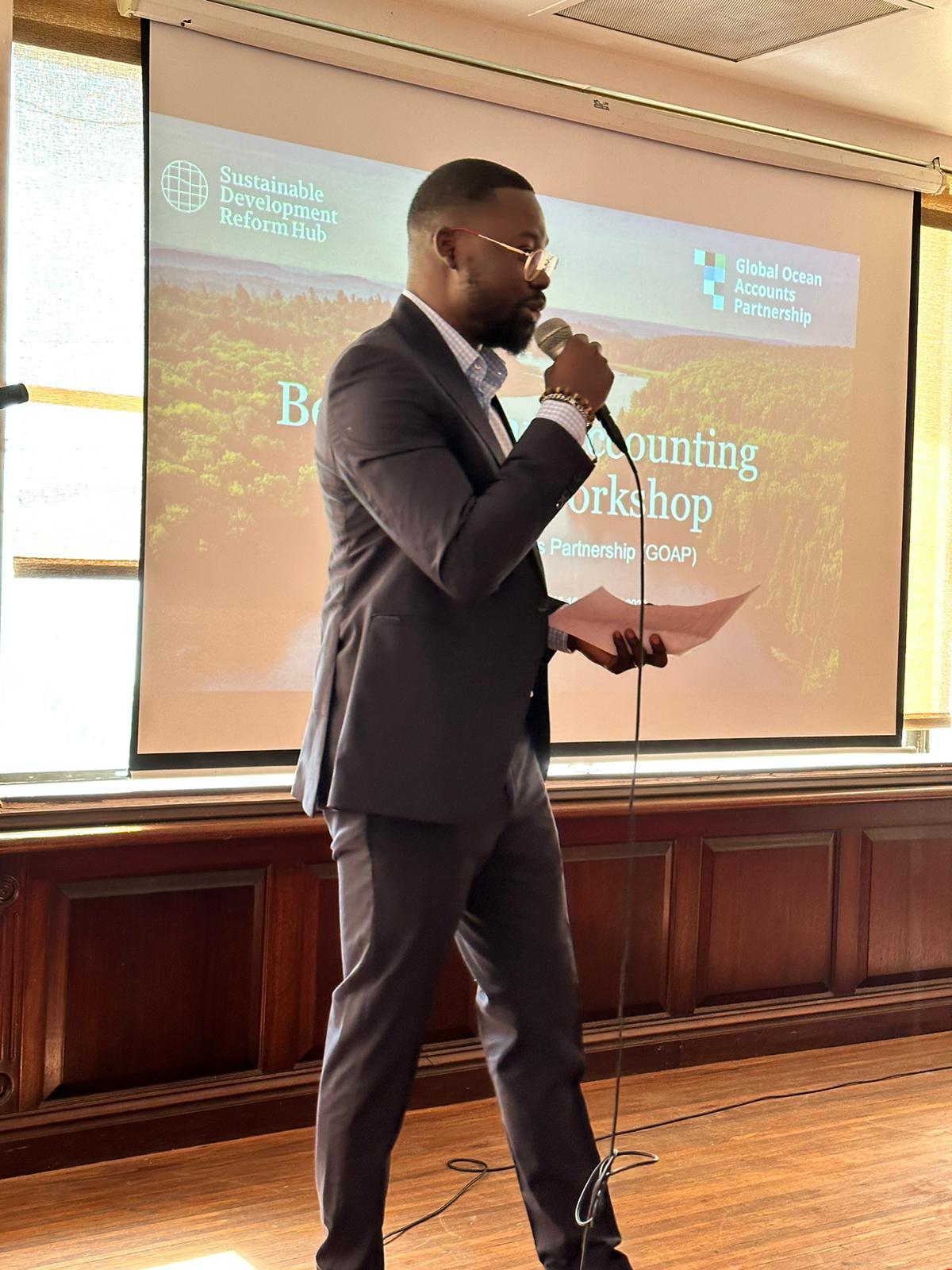
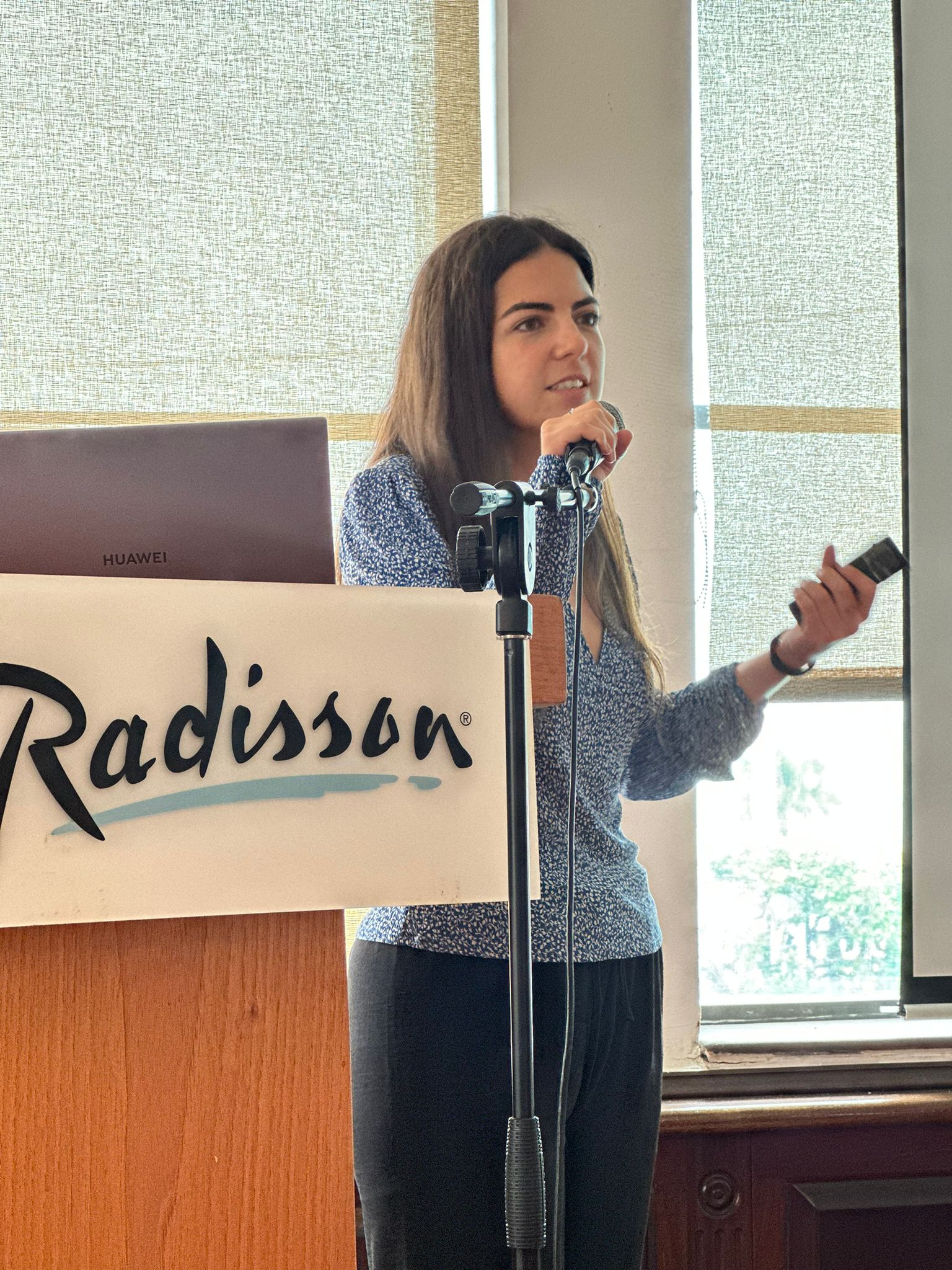
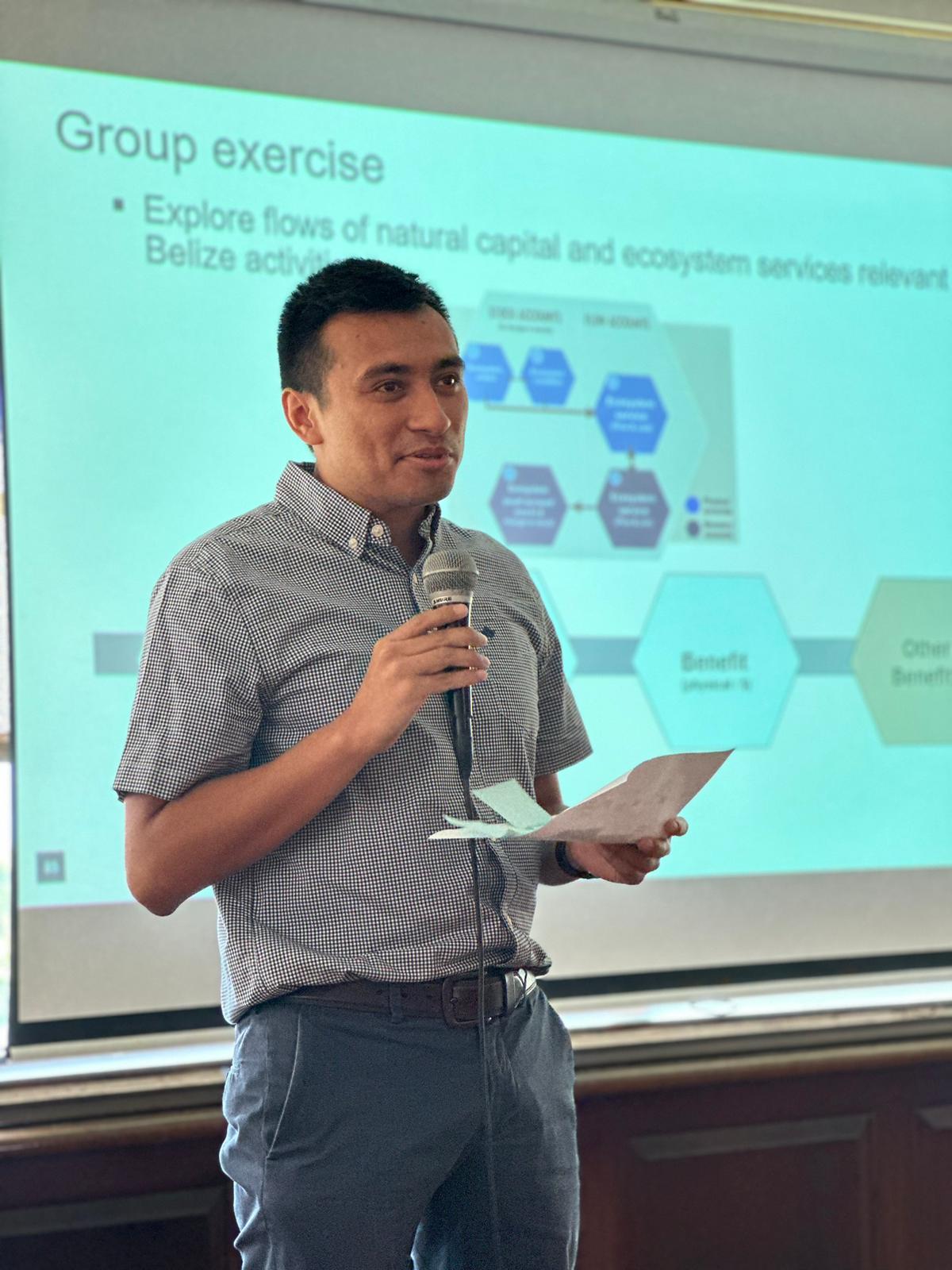
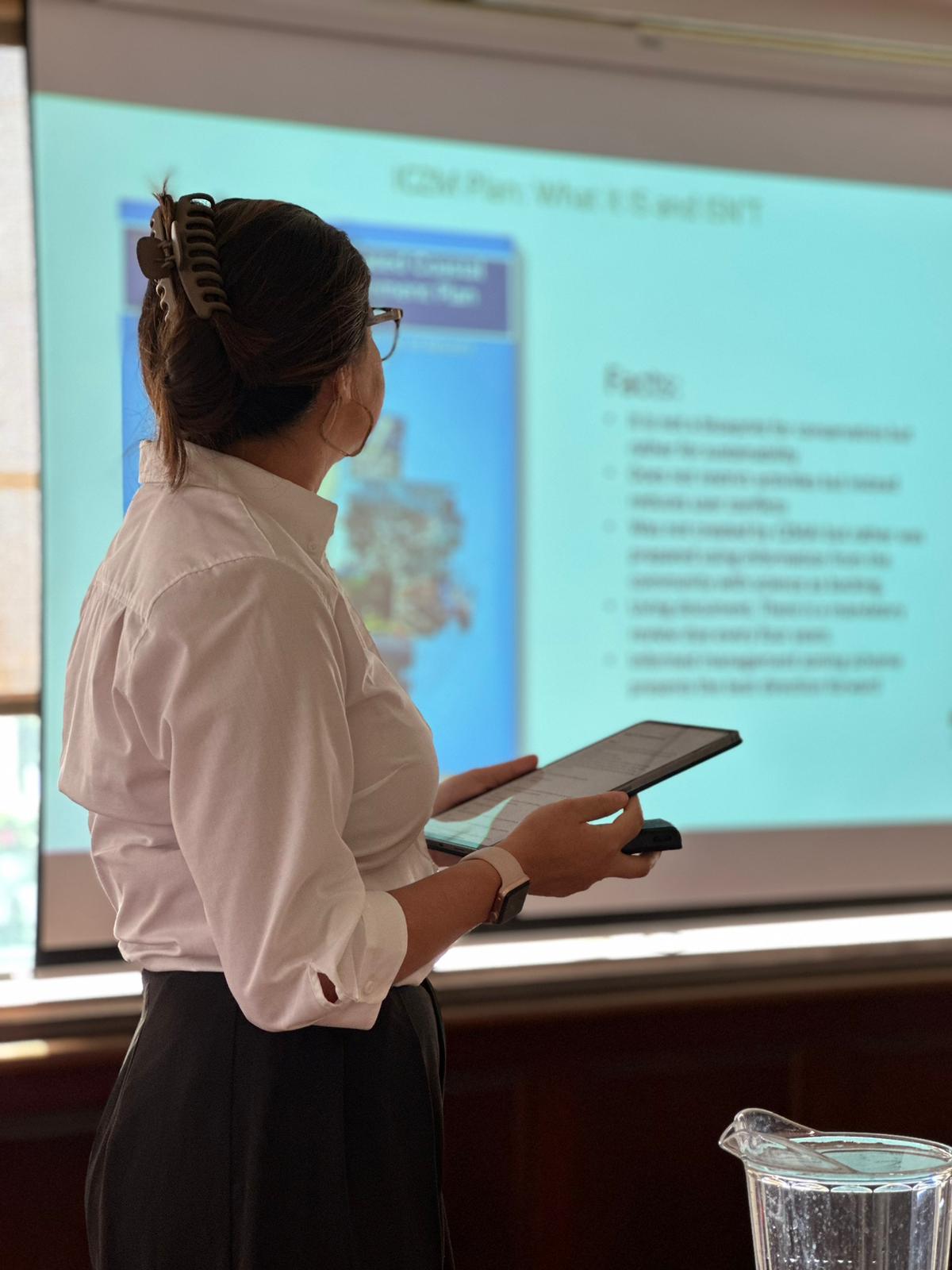
Facilitators from the GOAP team and participants speaking at the workshop.
“this sort of workshop is important to help government develop the statistical foundation that is needed to track and monitor progress towards the development of the blue economy and...build in-country capacity to be able to do this monitoring and tracking themselves.”
- Ibukun Adewumi, Ocean Governance Officer, the GOAP during an interview for News5, Belize.
Attendees enthusiastically recognised the opportunities provided by ocean accounts but also highlighted the challenges ahead including capacity limitations and data consistency. Overall, during the workshop it became clear that ocean accounts hold significant potential for measuring progress towards Belize’s sustainable development, Belize’s blue bond milestones and the Belize Blue Economy Act.
Outcomes
- A two-year roadmap to ocean accounts: participants collaboratively developed a strategic roadmap outlining key milestones, actions and stages for developing ocean accounts in Belize over the next two years.
- Capacity development initiatives: participants discussed methods to build capacity in Belize including academic programs and courses focussed on data collection and analysis.
- A shared vision: participants collectively envisioned a sustainable future for Belize, which will guide their efforts to make this a reality.
- Public awareness: live coverage of the workshop by Channel5 Belize gave the public a chance to learn about ocean accounting and the key outcomes of the workshop.
Ocean accounts can be used in Belize as a compass to guide decision-makers through the intricacies of Marine Spatial Planning, ultimately leading to sustainable ocean governance. The hope is that workshops such as these will help Belize achieve sustainable and equitable blue economic development for generations to come.
Authors: Ibukun Adewumi, Ocean Governance Officer, Maria Granada Alarcon Blazquez, Senior Research Associate, and Bella Charlesworth, Communications Officer, the GOAP.
